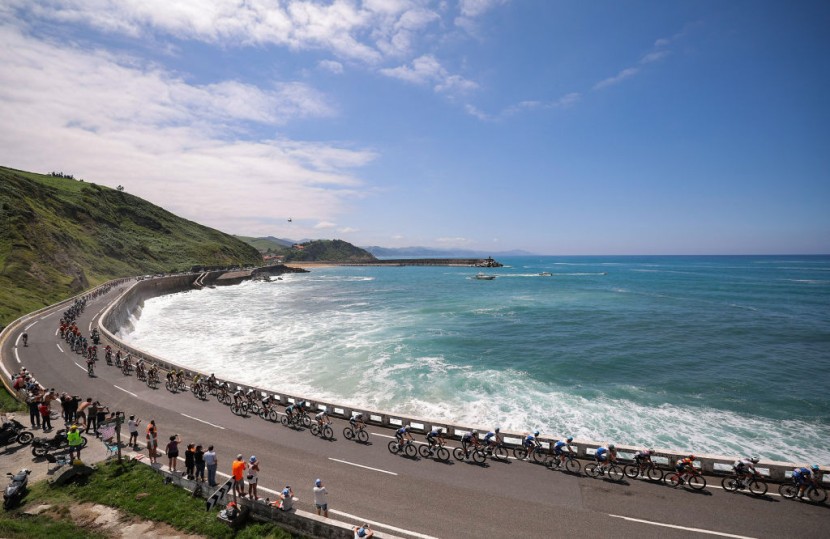In an extraordinary wildlife protection measure, the BBC reports France has announced it will temporarily ban nearly all commercial fishing in the Bay of Biscay to protect dolphins.

The ban will go into effect from Monday until February 20, impacting the country's fishing grounds along its Atlantic coast. French marine experts believe approximately 9,000 dolphins die in the bay each year due to being accidentally caught in fishing nets.
However, local fishermen are up in arms about the new development. They believe the ban is "absurd" and believe it will impact them financially. However, the French government has promised they will be compensated.
The ruling was made by the State Council, France's top administrative court, after environmentalists called for better protection for the marine mammals. The ban is covering an area from Finistere in Brittany to the Spanish border.
By some estimates, the industry could lose millions of euros in revenue. Minister Christophe Béchu reportedly said up to 75% of losses would be covered and paid "as quickly as possible."
Others believe the compensation promised by government officials is insufficient. According to environmentalists, dolphins can become caught or wrapped in nests, ropes, and lines from fishing nets. Smaller dolphin species often die immediately.
The International Whaling Commission says the larger dolphin species can end up being entangled in ropes, buoys, and nets for months or even years before they die of exhaustion or starvation.
Philippe Garcia, head of the marine conservation group Défense des Milieux Aquatiques (Defense of Aquatic Environments), said fishermen should observe the ban.
The ban affects boats longer than eight meters and will affect around 450 French vessels.
The French National Fisheries Committee (CNPMEM) blamed "extremist NGOs", stating that the marine mammals are "not endangered." Fish processing companies estimate they could lose more than $65 million (60 million euros) because of the ban.
"If the fishermen don't play along, it's counter-productive for them," he said, as dolphin deaths would strengthen the environmentalists' case.
HNGN will keep an eye on this story and update it when more details are made available.
© 2026 HNGN, All rights reserved. Do not reproduce without permission.








